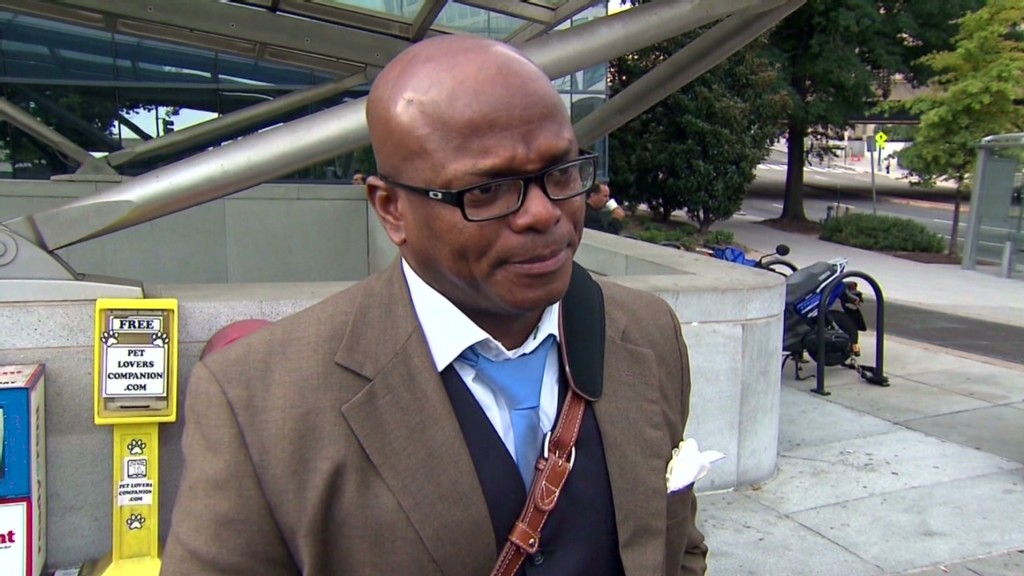
Government shutdowns are very, very confusing.
Among the hardest-to-grasp and most vital questions: Which federal employees will get paid and which won't. And for those who will get paid, when will they see their paychecks?
"It's messy," said William Hoagland, a senior vice president at the Bipartisan Policy Center who served for 14 years as the Senate Budget Committee's staff director.
Broadly speaking, if you work for the federal government during a shutdown, you must be paid.
Among the reasons: Unless specifically authorized by law, no one is allowed to volunteer for a federal agency, according to the Office of Personnel Management.
The only wrinkle is that your paycheck for time worked during the shutdown may be delayed until the shutdown ends and Congress has appropriated money to keep the government running.
But if you are furloughed in a shutdown, it is a furlough without pay. After the shutdown ends, Congress may choose to pay those workers who were furloughed for the time they were out. That's what lawmakers did after the shutdown in the mid-1990s. Still, there's no guarantee they will make the same decision this time around.
Here's a look at the pay situation for different types of federal employees.
President Obama: The president has constitutional duties and so will remain on the job throughout the shutdown. Money to pay his salary is not reliant on the annual fights Congress has over funding the government. So he will continue to receive his paychecks on schedule throughout the shutdown.
Members of Congress: Sure, lawmakers caused the shutdown. But like the president, they too have constitutional duties and will remain on the job while being paid on time throughout the shutdown.
Congressional staffers: Staffers who work during the shutdown won't be paid until after the shutdown ends and their bosses pass a funding bill.
Supreme Court Justices: There is a constitutional prohibition against a "diminution" in pay for the justices and other judges whose jobs are spelled out in Article III of the Constitution, according to a Congressional Research Service report. So like President Obama and members of Congress, they will continue to be paid on time throughout the shutdown.
Related: Furloughed workers eligible for unemployment
The same would also likely apply to U.S. Court of Claims judges, U.S. magistrate judges and U.S. bankruptcy judges, the CRS noted.
Federal court staffers and officers: Those who work in the federal court system likely will only be paid for their shutdown work once the shutdown ends and Congress passes a funding bill.
Rank-and-file government workers: Those who work during the shutdown will be paid for those efforts, but again their paychecks may be delayed until the shutdown ends.
Rank-and-file workers who are furloughed will not be paid at all, unless Congress decides to compensate them.
Furloughed workers may be allowed to apply for unemployment benefits for the duration of the shutdown.

Also, furloughed workers are still likely to receive checks this week for the time they worked in the pay period that immediately preceded the shutdown.
Active-duty military and civilian defense personnel: President Obama on Monday night signed into law an order that the 1.4 million active-duty military personnel as well as reserve personnel will be paid on time throughout the shutdown, during which they will stay on duty. The order also applies to civilian personnel and contractors if they work during the shutdown for the Department of Defense and the Coast Guard and support members of the Armed Forces.
Other federal workers: Some federal employees work on projects and programs funded with money other than annual appropriations. These workers likely will continue to be paid on time throughout the shutdown. The only problem may be if the shutdown lasts a long time and that funding runs dry.


